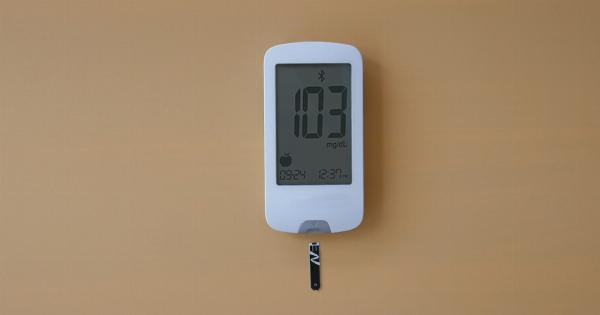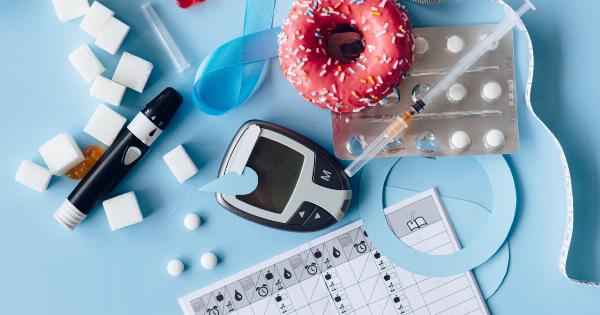When it comes to maintaining overall health and wellness, women often face unique challenges. With the complex nature of the female body, it is important for women to stay proactive and vigilant about their health.
Regular screenings can play a crucial role in preventing and detecting potential health issues at an early stage. In this article, we will discuss eight key health screenings that every woman should prioritize to ensure their well-being.
1. Pap Smear
A pap smear is a screening test used to detect cervical cancer in its early stages. It involves collecting cells from the cervix and examining them for any abnormalities.
It is recommended that women between the ages of 21 and 65 undergo a pap smear every three years, or every five years if done in combination with an HPV test.
2. Mammogram
A mammogram is a specialized X-ray of the breasts used to detect and diagnose breast cancer. Women aged 40 and above are generally advised to have regular mammograms every one to two years.
However, this frequency may vary based on individual risk factors and guidelines provided by healthcare professionals.
3. Bone Density Test
A bone density test is essential for women, especially those who have reached menopause. It measures the density of bones and helps in the diagnosis of osteoporosis, a condition characterized by weak and fragile bones.
Women above the age of 65 or those with risk factors may need a bone density test sooner. The frequency of testing depends on the individual’s bone health status.
4. Blood Pressure Measurement
Regular blood pressure measurements are crucial to assess cardiovascular health. High blood pressure, or hypertension, is often referred to as the “silent killer” as it usually shows no symptoms.
Women should have their blood pressure checked at least once every two years, starting from their early adulthood. If hypertension is detected, more frequent screenings may be necessary.
5. Cholesterol Panel
Monitoring cholesterol levels is essential for managing heart health. A cholesterol panel measures different types of cholesterol in the blood, including LDL (bad) cholesterol and HDL (good) cholesterol. It also assesses triglyceride levels.
Women should get their cholesterol levels checked every four to six years, beginning at the age of 20. However, if there are existing risk factors or a family history of heart disease, more frequent testing may be recommended.
6. Colonoscopy
A colonoscopy is a screening procedure that examines the colon and rectum for abnormalities, including polyps or signs of colon cancer. Women aged 50 and above should undergo a colonoscopy every 10 years.
However, the timing and frequency of colonoscopies may differ depending on individual risk factors and prior findings.
7. Thyroid Function Test
The thyroid gland plays a vital role in regulating metabolism, growth, and development. Thyroid function tests measure the levels of thyroid hormones in the blood and help diagnose conditions like hypothyroidism and hyperthyroidism.
Women, especially those over the age of 35, should consider a thyroid function test every five years. However, if there are symptoms or risk factors, more frequent testing may be necessary.
8. Diabetes Screening
Diabetes is a chronic condition that affects how the body processes blood sugar (glucose). Regular diabetes screenings can help detect prediabetes or diabetes at an early stage.
Women with a body mass index (BMI) higher than 25, those who have a family history of diabetes, or those who had gestational diabetes during pregnancy should undergo screening every three years, starting from the age of 45.
Conclusion
By prioritizing these eight key health screenings, women can actively work towards early detection and prevention of potential health issues.
Regular check-ups enable medical professionals to identify and address any concerns promptly, thereby ensuring optimal wellness. Remember, proactive care and early intervention are vital for maintaining a healthy and fulfilling life.






























